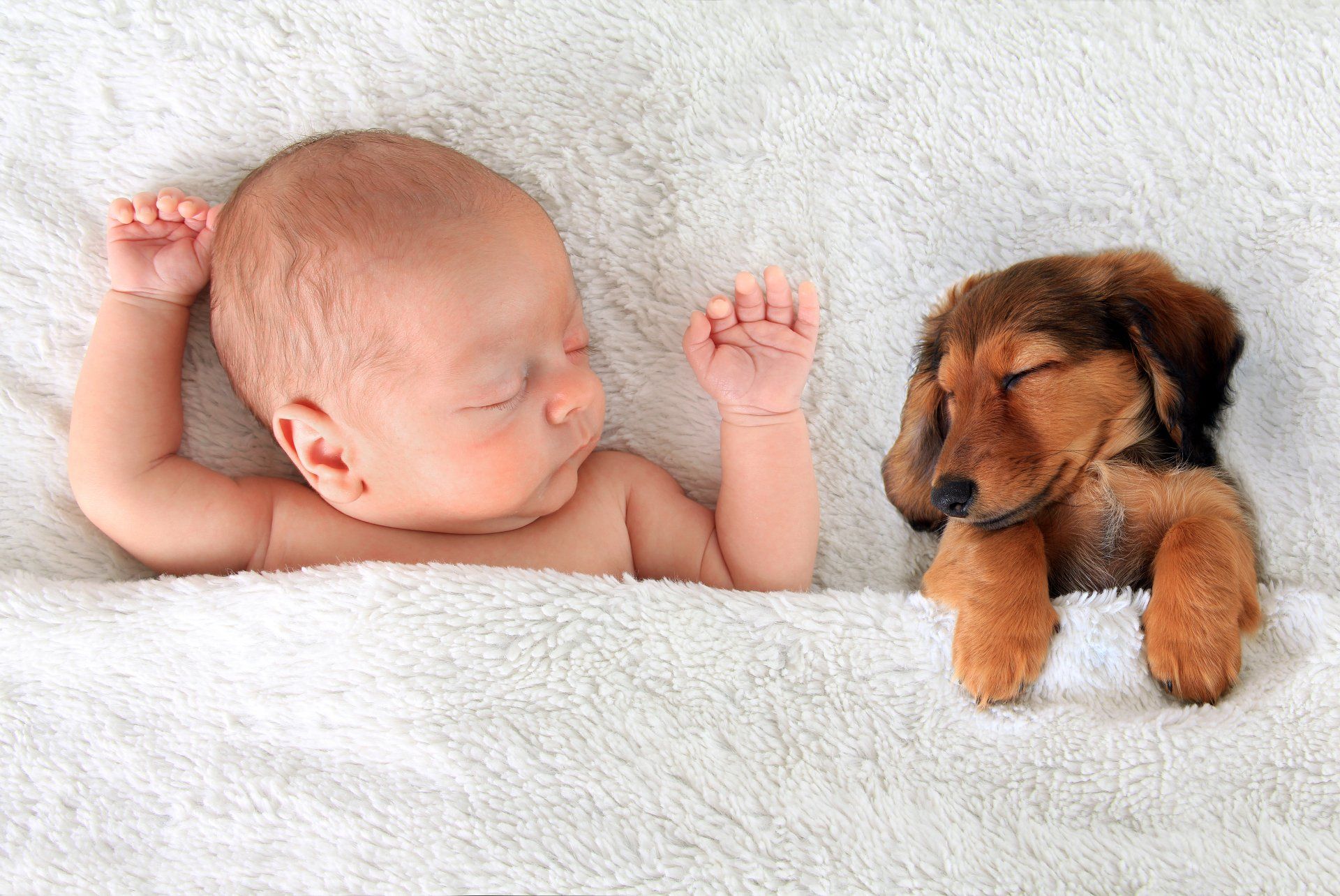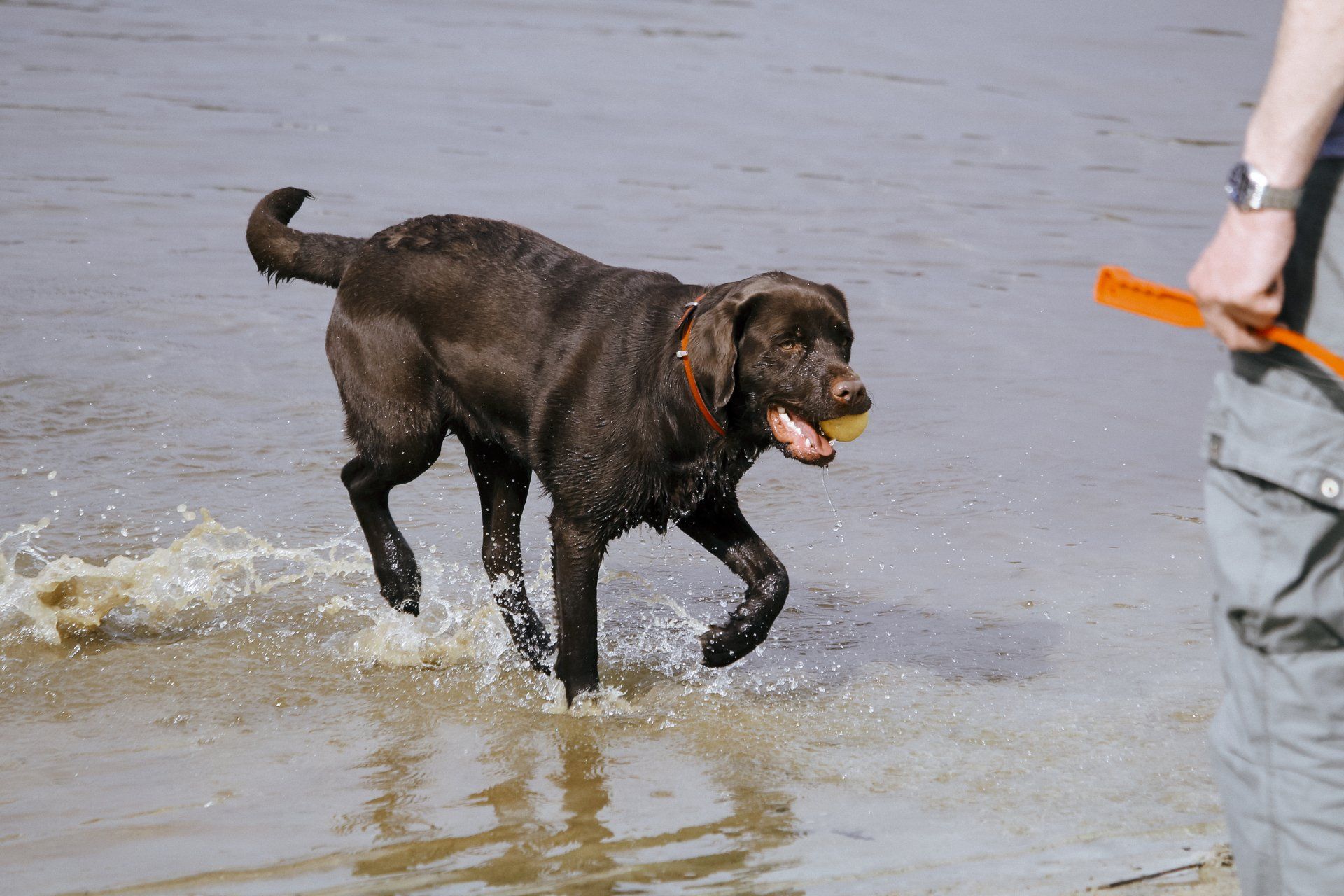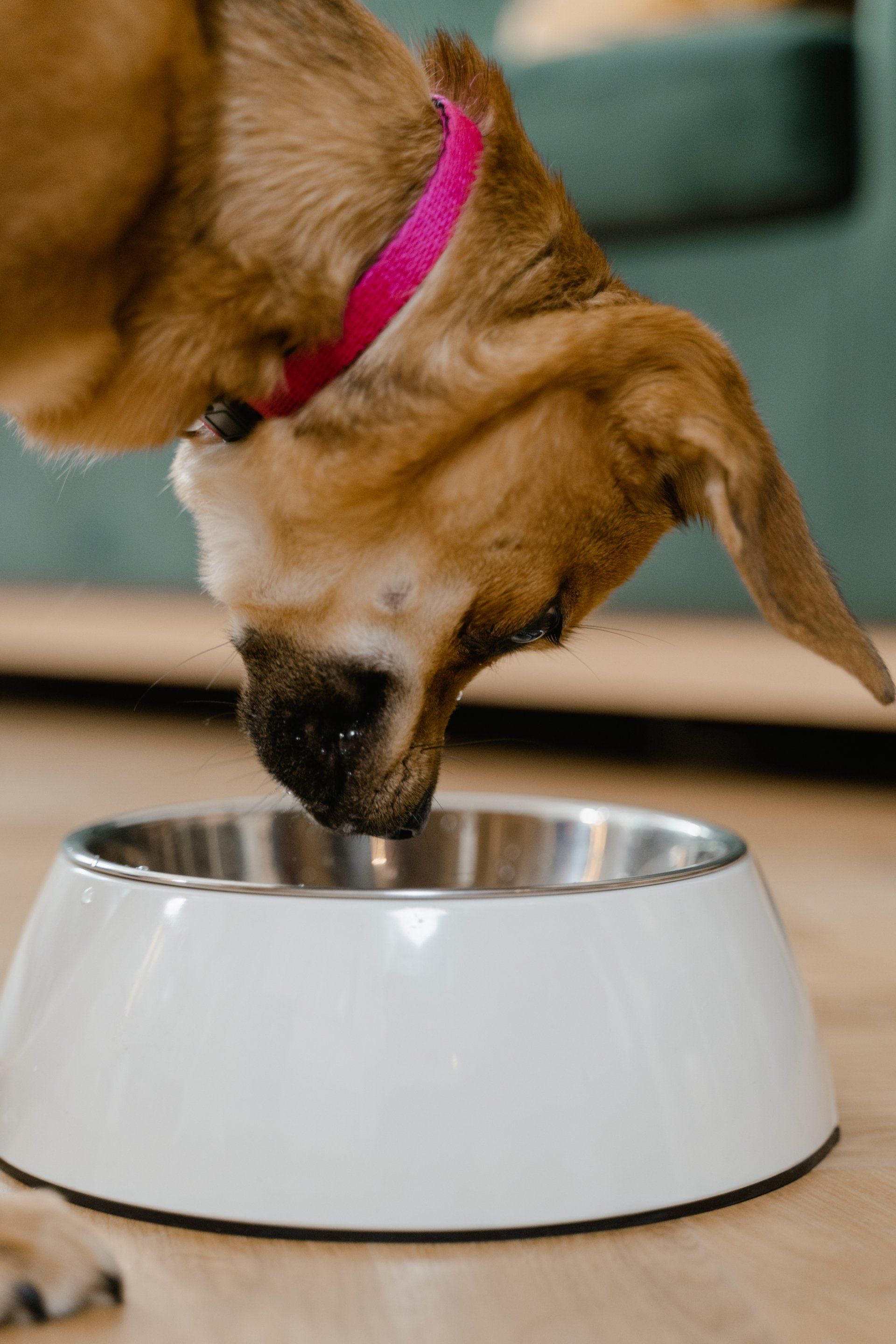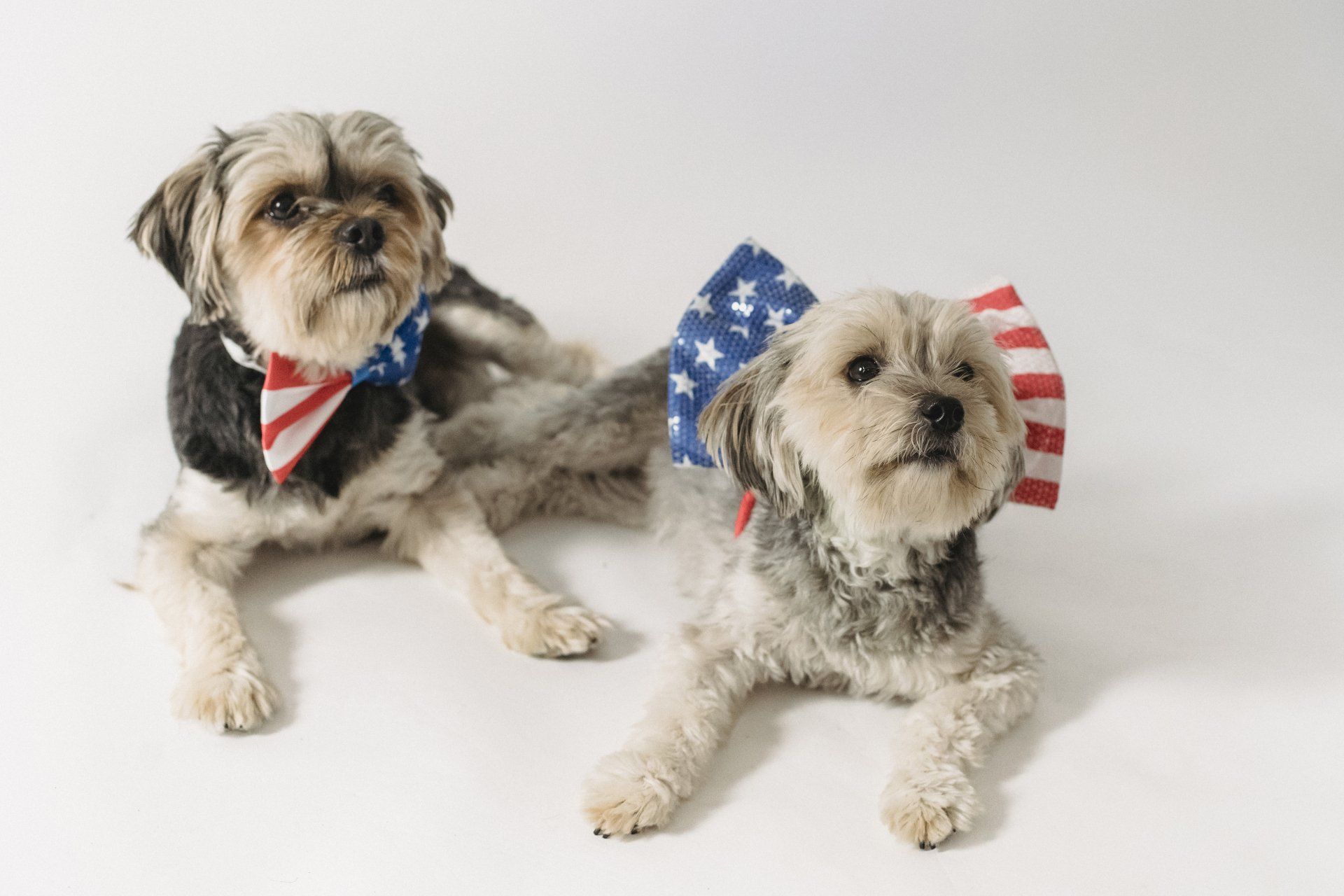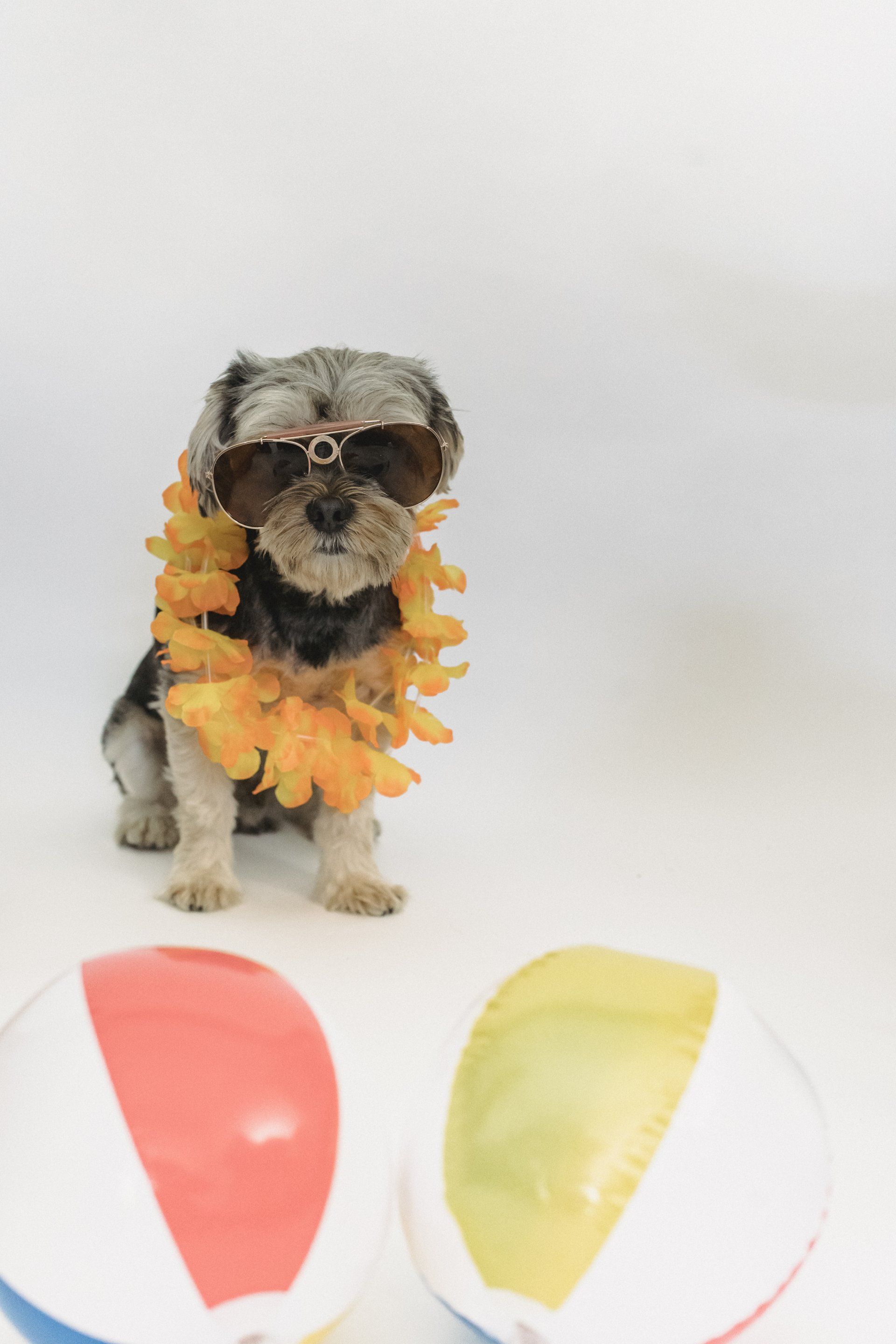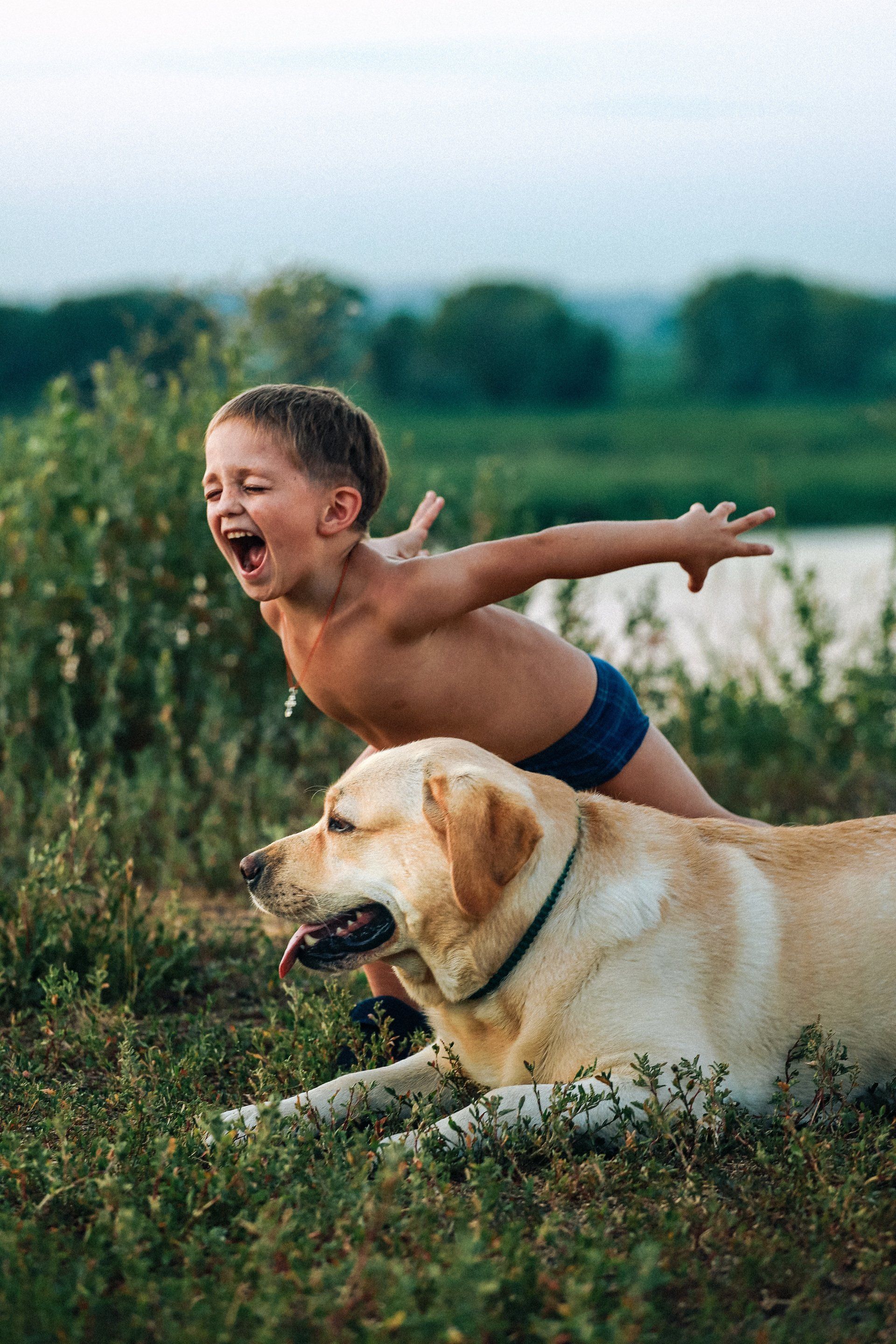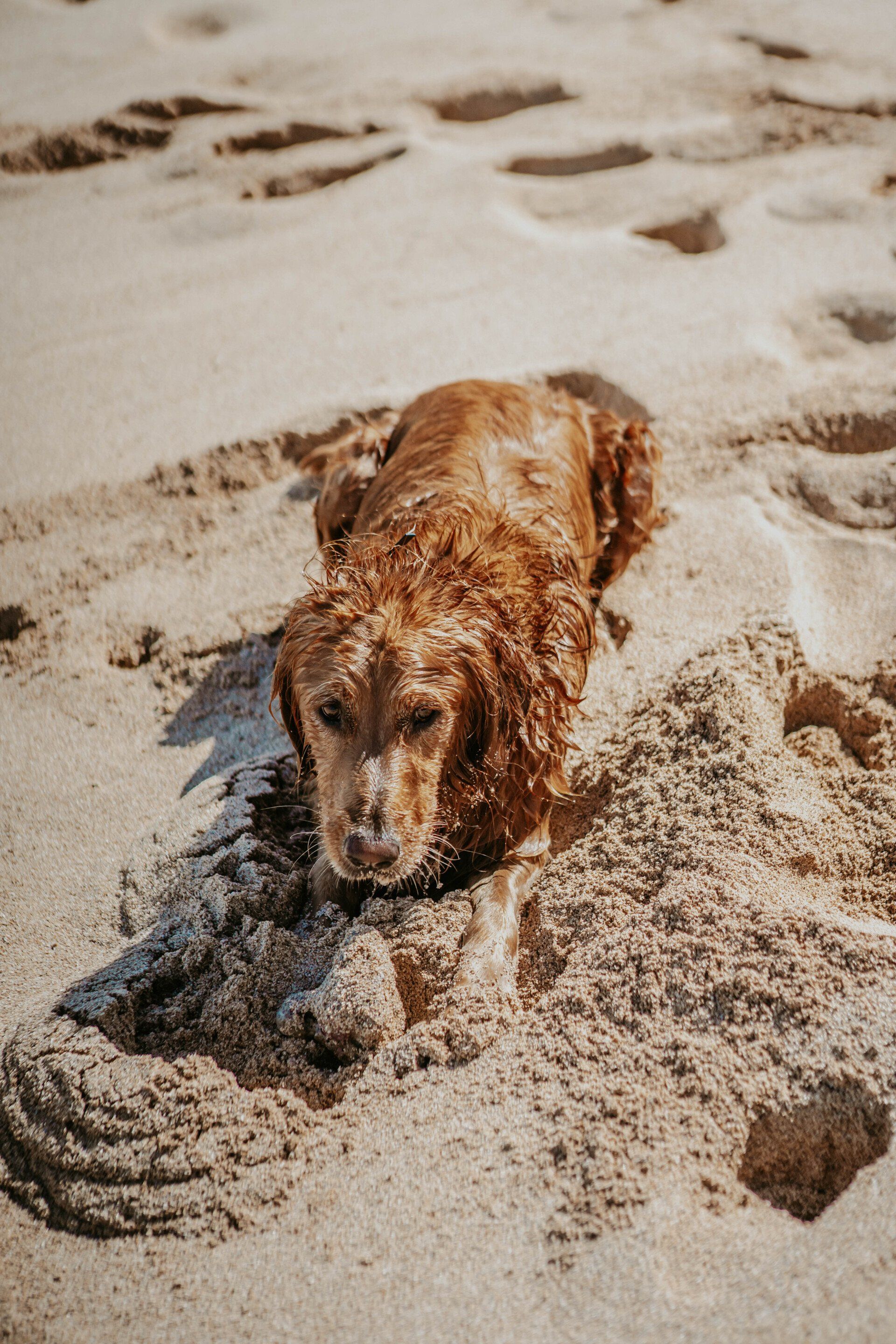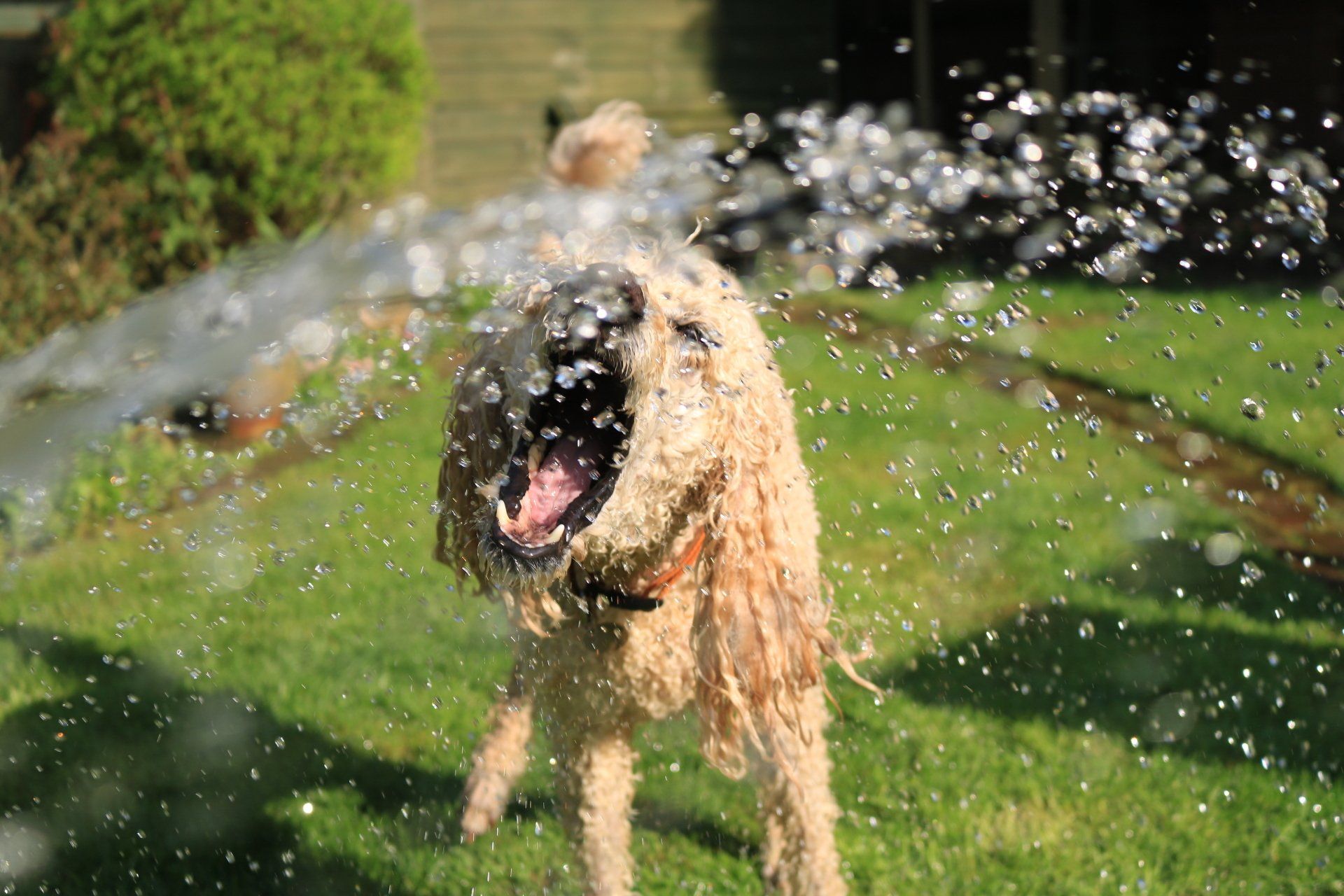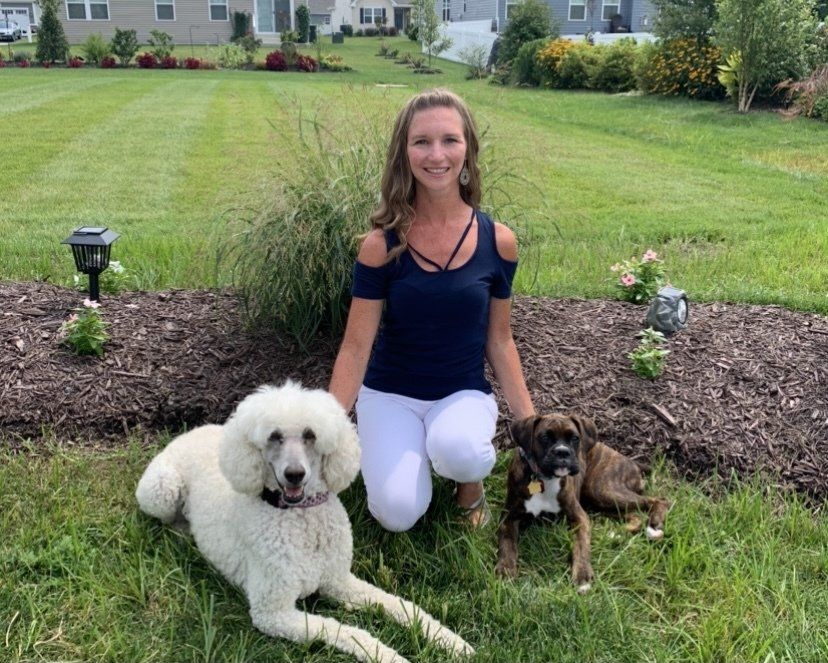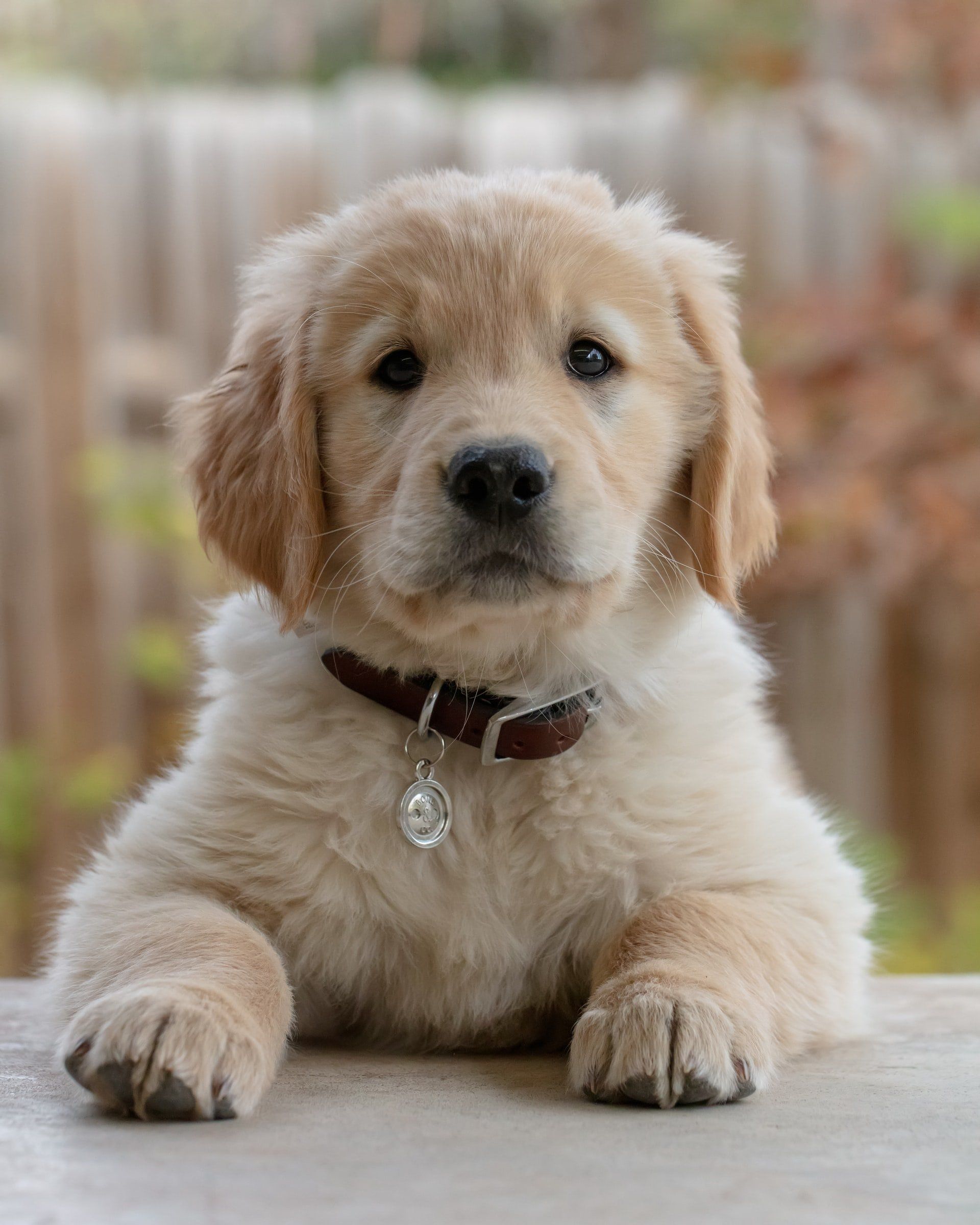10 Tips To Crate Train Your Dog
Homemade Puppies, LLC strives to be your trusted source for not only connecting with your new fur-baby, but also answering the dog related questions you may have to enhance your experience with your dog/puppy. Each week our in house dog expert, Katie, answers your puppy and dog questions. Submit your canine questions to info@homemadepuppies.com. We also advertise healthy puppies raised in home by responsible breeders. Here is this week's blog from Katie!
Crate training can be a very controversial topic. However, it is a great way to keep your dog or puppy safe when not being supervised. Getting a puppy or dog accustomed to being in a crate can take some work, time, and effort, but here are some tips for making the process go smoothly.
1️⃣ Make the crate a comfortable, happy place. Include a nice soft bed or blanket. The exception to this is if your dog is a chewer. Then bedding can become a hazard because your dog could swallow pieces. Another exception is if your dog has potty accidents in the crate.
2️⃣ Place an article of clothing you have worn, such as a t shirt, in the crate. Having your smell will make your dog feel less alone. Better yet, if you are getting a puppy bring along a small blanket to rub on the mom or ask the breeder for something that has the smell of the mom and littermates on it.
3️⃣ Offer some safe toys in the crate. Toys that can't be chewed apart, such as Kongs, durable Nylabones, and Busy Buddy toys are great for in the crate. Kong toys can be filled with peanut butter or cheese and even frozen to keep your dog occupied while in the crate.
4️⃣ Cover the crate with a blanket. Dogs like "den-like" settings, so covering the crate will create a cozy den-like feel.
5️⃣ Play soft music while your dog is crated. Leaving a tv on or even a clock that ticks can also work.
6️⃣ Feed your dog their meals in the crate. This creates a positive association with the crate. Also, dogs will usually not go to the bathroom where they eat.
7️⃣ Crate your dog when you are home as well as when you are not home. If you only use the crate when you leave the house, the dog will associate the crate with you leaving. So crating your dog at times while you are home is a good idea.
8️⃣ Don't use the crate as punishment. Don't yell at your dog when you put him in the crate. It can be used as a time out, but the act of your dog going into the crate should always be positive.
9️⃣ Don't leave your dog in the crate for longer than they can handle. Typically a puppy can hold their bladder one hour for every month of age. For example a 4 month old puppy should be able to hold it for 4 hours. However, lots of factors can affect this.
🔟 Make sure the crate is an appropriate size. Your dog should be able to stand up without their head touching the top. They should be able to turn around in the crate, and they should be able to lay down comfortably. Young puppies will need a smaller sized crate to aid in preventing accidents. If your puppy can pee in one spot and lay in another spot the crate is too large.
If your puppy is going potty in the crate, ask yourself:
- Did I allow my puppy to have enough time outside? Some puppies will go potty multiple times in a short period of time.
- Did the puppy eat or drink too soon before being crated? Eating and drinking at least an hour before being crated is a good rule of thumb.
- Did my puppy have a lot to drink? If your puppy drinks a lot, then they will have to pee more frequently.
- Is there soft bedding that can absorb the pee? If the bedding absorbs the urine, your puppy may not care about laying in the crate.
Puppies and dogs who are not accustomed to being crated will often whine or cry in the crate. For the long run, it is best to 100% ignore any whining or crying while your dog is in the crate. If you talk to or even look at your dog while they are whining or crying, it will encourage the behavior to continue. Do not take your dog or puppy out of the crate while they are whining or crying. Wait for even one second of silence before you take your dog out of the crate.
With a little dedication and effort, the crate can be a safe comfortable place for your dog.
-Katie Watterson
Do you have a question for Katie? Submit your question to info@homemadepuppies.com.
Looking for a puppy? We have a large variety of puppies from pure-bred to mixed breed and large to small. Check out the in-home raised puppies we offer at www.homemadepuppies.com. The puppy's information such as location, description, price, breeder's contact information will be listed on the puppy's page.
Do you have a litter of in-home raised puppies that you would like to advertise on www.homemadepuppies.com? Email info@homemadepuppies.com for more information on how to get started!
Thank you!
Don't forget to catch Katie's blog from last week: https://www.homemadepuppies.com/selecting-the-right-canine-companion-for-your-family
*As always Katie's advice is on this blog are only meant to be used as tips and should never replace your veterinarian's advice. Always consult your veterinarian regarding your dog's health.
